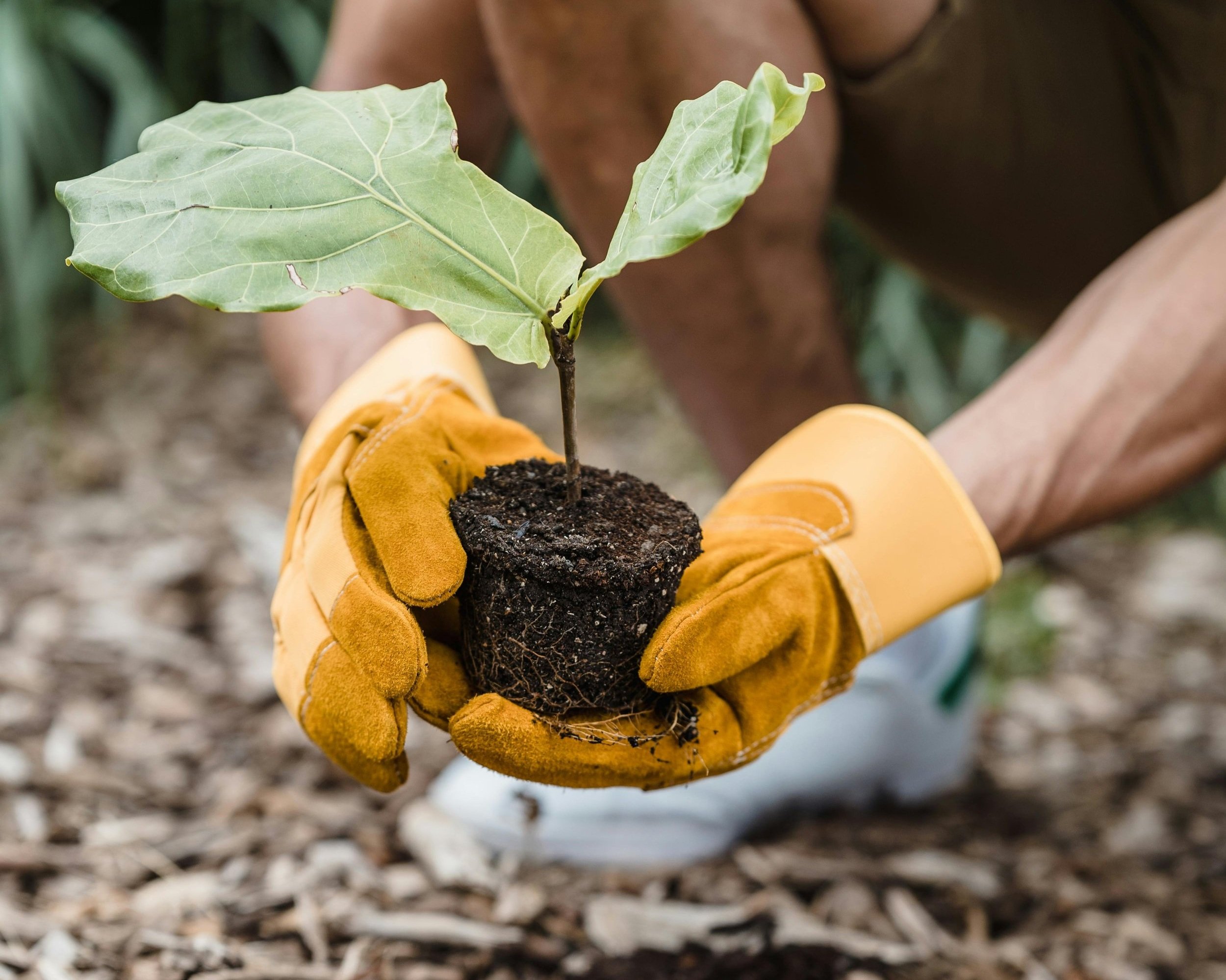Volunteering: Building Strong, Resilient Communities
“Never doubt that a small group of thoughtful, committed citizens can change the world; indeed, it’s the only thing that ever has.” – Margaret Mead
Often, the most thoughtful and committed citizens volunteer in their communities.
At its core, volunteering is a selfless act driven by the desire to contribute time, skills, and energy to causes that transcend personal gain. It embodies the spirit of community and the belief that collective well-being relies on the active participation of its members.
Volunteering’s impact extends far beyond individual actions. It’s a catalyst for community strength. It fosters social bonds, addresses shared challenges, and nurtures a sense of interconnectedness.
Personal Benefits of Volunteering
Every year, millions of Americans formally volunteer through service projects and organizations. And while the rate of formal volunteerism dropped during the COVID-19 pandemic, the number of citizens giving their time and talent to causes is still substantial. According to Americorps:
An estimated 23.2 percent of Americans or more than 60.7 million people formally volunteered with organizations between September 2020 and 2021. In total, these volunteers served an estimated 4.1 billion hours with an economic value of $122.9 billion.
Why do we do it?
While we’d like to think a person’s decision to volunteer is purely altruistic, countless philosophers have disagreed – volunteer work isn't just about lending a hand.
Some psychologists have floated five primary motivations for volunteering:
Satisfying personal values, including humanitarian concerns
Benefitting communities, either their own or ones to which they’re attached
Increasing self-esteem – doing good feels good
Gaining an understanding of other people and places
Development – both personal and professional with skills and networking
At its core, volunteering becomes a source of personal fulfillment.
Moreover, volunteering has been proven to be good for your health: the feeling of personal fulfillment releases dopamine, thereby reducing stress. Reduced stress decreases the risk of ailments like heart disease, stroke, depression, and anxiety.
Overall, volunteers have lower mortality rates than people who don’t volunteer, even when controlling for age, gender, and physical health.
Volunteering’s Effect on Communities
First and foremost, volunteering brings together groups of people to get things done. Many nonprofit projects would never get off the ground without help from unpaid volunteers.
Additionally, the benefits individuals see from volunteering create a ripple effect in our communities. All of those healthy, happy volunteers form a network of community members who recognize the challenges their friends and neighbors face, and they’re ready and willing to work together.
Communities with strong volunteer networks make great places to live because they offer:
Connection: When you volunteer in your community, you learn more about people you may not otherwise engage with in your day-to-day life.
Safety: Expanding empathy in your community translates to crime and violence prevention.
Economic gains: Volunteers free up nonprofit resources to make a bigger impact.
Successful Volunteer Initiatives
There are numerous examples of successful volunteer initiatives that have made a significant impact on communities. Here are a few examples:
American Red Cross shelters, feeds and provides comfort to people affected by disasters; supplies about 40% of the nation’s blood; teaches skills that save lives; distributes international humanitarian aid; and supports veterans, military members and their families.
Big Brothers Big Sisters creates and supports one-to-one mentoring relationships between volunteer mentors (Bigs) and children ages 5 through young adulthood (Littles).
The Warming House, one of the oldest student-run soup kitchens in the nation, is open six days a week year-round, and has a support team of more than 300 St. Bonaventure University student volunteers.
There are so many ways volunteering can address specific community needs and contribute to positive, lasting change – and every initiative relies on the dedication and efforts of volunteers to make a meaningful impact on the lives of individuals and the community as a whole.
How You Can Get Involved
Getting involved in volunteer work is a fulfilling journey, and there are various avenues for you to contribute your time and skills to make a positive impact.
Local nonprofits, schools, and community centers often welcome volunteers for various projects, from mentoring programs to environmental cleanups.
Don't underestimate the power of your unique skills and passions. Whether you're a tech whiz, a creative mind, or a green thumb, there's a volunteer opportunity tailored to your expertise.
By leveraging your skills and interests, you not only enhance your sense of fulfillment but also contribute in a way that aligns with your strengths.
Volunteer Fair 2025
Are you looking for a new volunteer opportunity? Check out our upcoming Volunteer Fair:

